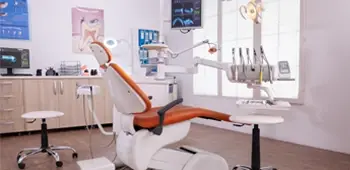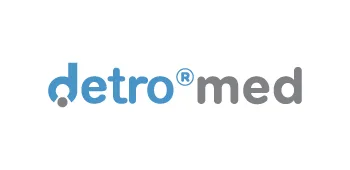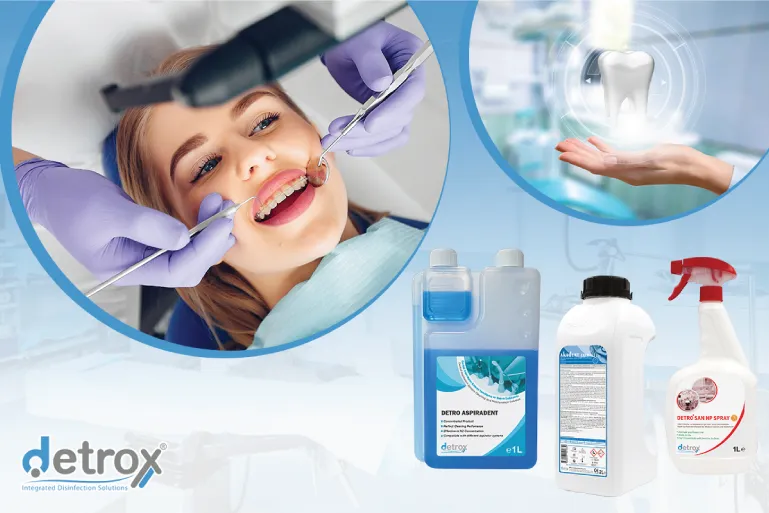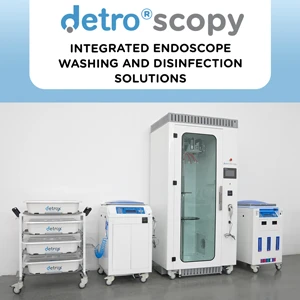Dental Disinfectants: Infection Control in Dental Health
The dental office is an environment where microorganisms are at risk of spreading easily, and therefore infection control is of great importance. Dental disinfectants have a critical role to maintain hygiene standards and reduce the risk of infection in dental clinics and laboratories. In this article, the importance, usage areas and effects of dental disinfectants will be examined in detail.
Importance of Dental Disinfectants:
Dental disinfectants play a fundamental role in the control of infection in dental practice. In dental clinics, disinfection of dental instruments and the environment is of great importance for the safety of patients and healthcare workers. Dental disinfectants achieve these aims by reducing the risk of infection through the destruction or inhibition of microorganisms.
Usage Areas of Dental Disinfectants:
Dental disinfectants have a variety of uses and are used for different purposes for infection control. These include the following:
- Disinfection of Dental Instruments: Dental instruments are disinfected using dental disinfectants. This reduces the risk of infection of patients and healthcare workers.
- Examination Room Disinfection: Examination rooms are cleaned and disinfected using dental surface disinfectants. This prevents the spread of microorganisms and maintains hygiene standards.
- Dental Laboratory Disinfection: Laboratory environments used in the production of dental prostheses and other dental materials are disinfected with dental disinfectants.
Effects of Dental Disinfectants:
The effects of dental disinfectants depend on the active ingredients used and the method of application. Generally, dental disinfectants effectively destroy or inhibit microorganisms, thus reducing the risk of infection. However, when not used correctly or not used in appropriate concentrations, the effectiveness of disinfectants may decrease and resistance may develop.
Dental disinfectants have a critical role in ensuring infection control in dental health. They must be correctly selected and used to prevent the spread of microorganisms and ensure the safety of patients. It is important to follow hygiene protocols and take safety precautions to protect the health of healthcare workers and patients.
Dental disinfectants Question and Answer Section:
Q: For what purposes are dental disinfectants used?
A: Dental disinfectants are used to control infection in dental practice. These disinfectants are used for various purposes such as cleaning and disinfection of dental instruments, examination rooms and dental laboratories.
Q: What are the effects of dental disinfectants?
A: The effects of dental disinfectants depend on the active ingredients used and the method of application. Usually, they effectively destroy or inhibit microorganisms, thus reducing the risk of infection. However, if they are not used correctly or not used in appropriate concentrations, their effectiveness may decrease and resistance may develop.
Q: Do dental disinfectants have side effects?
A: Unexpected situations may occur in product performance due to the application of dental disinfectants to the wrong surface or instrument. Therefore, it is important to use disinfectants correctly and take safety precautions.
Q: How to ensure the safe use of dental disinfectants?
A: The manufacturer’s instructions for the safe use of dental disinfectants should be followed. It is important that disinfectants are applied in the correct concentrations and appropriately. It is also necessary to use personal protective equipment and follow work safety protocols.
Q: Where can I find more information about dental disinfectants?
A: For more information on dental disinfectants, you can visit trusted sources such as the websites of dental associations and health organisations. In addition, dental disinfectant manufacturers’ websites can also provide instructions for use and safety information.






















